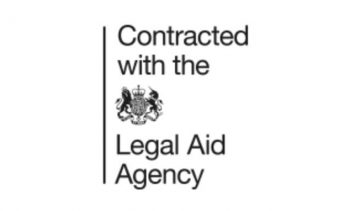If you are the owner of a long lease of a house or flat, you will probably be familiar with the term service charge.
Service charges are the sum paid annually by each leaseholder they are to fund a particular service and/or for the upkeep which benefits all the contributing properties. The service charge will therefore be your share as defined in your lease. What your landlord can charge you for? The services which can be charged will be set out in your lease. You will therefore not be responsible for a charge unless specified in the lease agreed. Typically, service charges will include cleaning and lightning of communal hallways and stairs, the cost of insuring the building, maintaining external areas such as pathways and gardens. Services such as drains or an estate road and their maintenance cost, management cost are also what they can be charged for service charges. The average service charge for flats per year. While every block of flat is different, service charges are typically in the region of £1000 to £2000 per year. However, service charges for newly built properties tend to be higher and for those in London, you can expect to be charged an amount exceeding £2000.
Disputes involving Service charge
If you are a long leaseholder, there is legislation in place which seeks to protect you. In principle, you should only pay service charges that are reasonable and this will include your share of service costs that are both reasonably incurred and reasonable in amount. Service cost/charges would be unreasonably incurred if they relate to works that are not needed and that you have been charged. For example, if the building’s window could have been satisfactorily replaced but instead was replaced at a greater cost, you would have to pay the extra cost associated with the replacement. Service costs would be unreasonable in amount if they could have been completed at a significantly lower cost.
Further to the above, leases are sometimes drafted poorly, which in turn can lead to disputes amongst parties as to the interpretation as to what should be paid.
It is therefore up to the court or Tribunal to reach a decision based upon what they believe that parties agreed in the lease, or intended to agree in the lease, which can differ from what parties should have agreed, even where it appears unfair and disastrous to one of the parties involved.
To discuss your Service Charge Dispute with residential conveyancing solicitors, call Adel Jibs & Co Solicitors on 02034173859. Alternatively, you can email us on info@adeljibssolicitors.co.uk or click the link to be directed to our contact Contact Form.


